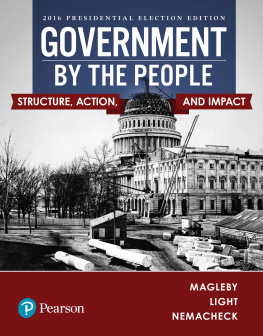Copyright 2018 by The University of Arkansas Press
All rights reserved
Manufactured in the United States of America
ISBN (paper): 978-1-68226-053-1
ISBN (cloth): 978-1-68226-054-8
e-ISBN: 978-1-61075-630-3
22 21 20 19 18 5 4 3 2 1

The paper used in this publication meets the minimum requirements of the American National Standard for Permanence of Paper for Printed Library Materials Z39.481984.
Library of Congress Control Number: 2017954142
Preface
This edited volume is the ninth in a series of analyses of presidential elections in the southern states that began in 1984. The series was published by Praeger Publishers through the 2000 election. A state-by-state study of the 2004 presidential election was not published in edited book form but rather appeared as a special double issue of the American Review of Politics. In 2008 and 2012, analyses were published by the University of Arkansas Press. While the presidential election has been the focus of each volume, other important aspects of contemporary southern electoral politics have also been addressed, including congressional and state elections and the overall status of party development and competition in each of the eleven southern states of the former Confederacy. This volume adopts the general organizational plan of the previous publications, including an introductory chapter, a chapter on presidential primaries, a chapter on issues in the 2016 presidential election, chapters on each southern state, and a conclusion summarizing lessons from the 2016 election cycle.
We are appreciative of the support of those who have made this book possible or who have contributed to the atmosphere in which this work was created. The Citadel Foundation provided indispensable financial support for The Citadel Symposium on Southern Politics, a biennial conference that for over three decades has brought together a community of scholars engaged in the study of southern politics and that has, in the process, helped to develop the network of contributors involved in this study.
We also wish to thank David Scott Cunningham, editor in chief at the University of Arkansas Press, and Joseph Muller, the copyeditor, for their support, patience, and guidance during the publication process.
Introduction
The premise of this book is that the South constitutes a unique political and cultural region of the United States. Oceans of ink have been spilled covering the cultural contributions of the South. It has its own literature, cuisine, manner of speaking, and mores, to name just a few distinctive aspects of the region. It is also considerably more religious than the rest of the nation. The region is particularly important in American politics as it has tended to be considerably more monolithic in its voting behavior. The South was once a Democratic bastion. However, the civil rights efforts of nonsouthern Democrats in 1964 began to drive a wedge between the partisan affinities of white southern Democrats and their preference for the racial status quo and states rights. Like most political realignments, change did not happen overnight. Slowly but surely, however, the region flipped its strong support from the Democratic Party to the Republican Party. This change began at the national level when Barry Goldwater won five Deep South states in 1964 and appeared complete when Richard Nixon won all eleven states in 1972. The Democratic solution was to nominate a southern candidate. This proved a successful southern strategy in Jimmy Carters 1976 run and was repeated with limited success in Bill Clintons 1992 and 1996 campaigns. The Republicans countered with their own southern candidate in Texan George W. Bush, retaking the South in 2000 and 2004.
The 2008 and 2012 elections represent a departure from this regional strategy. Democrat Barack Obama, having been born in Hawaii and serving as a senator from Illinois at the time, was decidedly nonsouthern. Neither did Republican contenders John McCain (2008) and Mitt Romney (2012) have any bona fide southern credentials. In 2008, Obama carried three peripheral South states: Florida, North Carolina, and Virginia. These are also states with significant in-migration, so just how distinctly southern they were by 2008 is questionable. Obama again won Florida and Virginia and only narrowly lost North Carolina by 2 percentage points in 2012. The absence of a southerner at the head of either major party ticket in 2016 continued this trend and made predicting the winner in these three states, which were crucial to Hillary Clinton, more difficult.
In contrast to its intermittent success at the national level, the Republican Party has made significant inroads in southern state governments. Given this trend, it is hard to claim that the region has become more like the rest of the United States. The South continues to exhibit strong one-party tendencies.
It is this relative lack of party competition that makes the South a pivotal region for presidential candidates. It has also made the South an area of significant academic scholarship. The Citadel has been proud to host the biennial Symposium on Southern Politics since 1978. The symposium was founded by the late Tod Baker, Laurence Moreland, and Robert Steed, all professors in The Citadels Department of Political Science. Every two years, academics from across the country meet in Charleston, South Carolina, to discuss the Souths unique position in American politics. The conference has resulted in a number of books on southern politics, many of which were the product of collaborations among symposium participants. The American Review of Politics has also regularly published the best work presented at the conference. Since 1984, the organizers of the conference have published a book on the role of the South in each presidential election. These books were published by Praeger Publishers through the 2000 election, and the 2004 election was covered in a special edition of the American Review of Politics. More recently, the University of Arkansas Press picked up the reins for 2008, 2012, and now 2016. Prof. Scott Buchanan and Prof. DuBose Kapeluck continued the tradition first established by Baker, Moreland, and Steed.
The following chapters document the historic 2016 presidential election in the eleven southern states of the former Confederacy. We have followed the format of V. O. Keys Southern Politics in State and Nation. This groundbreaking book analyzed southern politics on a state-by-state basis. Similarly, each chapter in this volume covers the presidential race in one of the southern states and includes a discussion of election outcomes for federal offices and state-level political trends. We also include a chapter on the issues driving the 2016 election, a chapter on the primary elections in the southern states, and a concluding chapter.
The 2016 presidential election was one for the history books. Vying for the nomination in the Republican primary season were seventeen candidates that included such party stalwarts as Jeb Bush, John Kasich, and Ted Cruz. By May 3, only Ohio governor John Kasich remained out of these mainstream candidates. Emerging triumphant was billionaire hotelier and celebrity Donald Trump, a candidate vilified by the GOP establishment and, arguably, not a candidate with particularly sterling conservative credentials. The Democratic primary was also a divisive affair. The presumptive candidate, Hillary Clinton, faced a strong opponent in Vermont senator Bernie Sanders. Running from the left, Sanders appealed to younger and more left-wing Democratic activists. He also possessed a refreshing honesty that many felt was missing in Hillary Clinton. Sanders finally withdrew from the race in mid-July and endorsed Clinton. The resulting two-way race between Trump and Clinton was widely thought to be Clintons to lose. Almost daily, Trump would make some outrageous claim, tweet something inflammatory, or engage in over-the-top barbs. Hillary had her own problems, most notably the now-infamous WikiLeaks release of her emails. One has to go back to the Tilden-Hayes election of 1876, or perhaps even to the Jackson-Adams election of 1828, to find such rancor and mudslinging.
 The paper used in this publication meets the minimum requirements of the American National Standard for Permanence of Paper for Printed Library Materials Z39.481984.
The paper used in this publication meets the minimum requirements of the American National Standard for Permanence of Paper for Printed Library Materials Z39.481984.
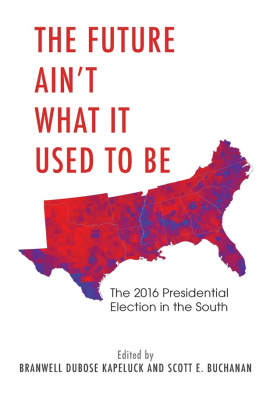
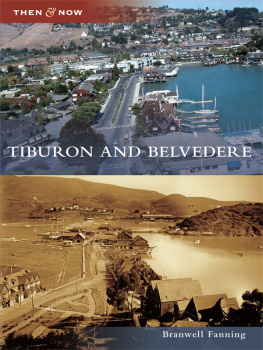

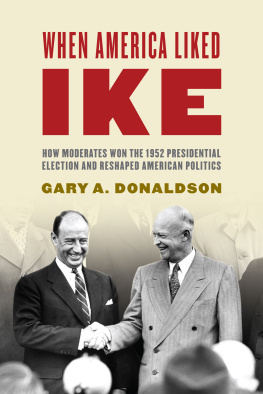
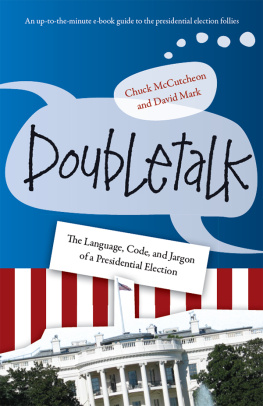
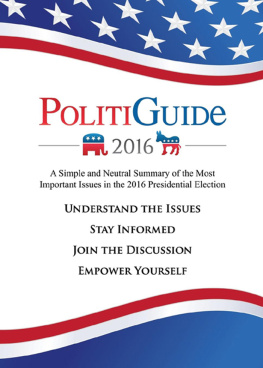
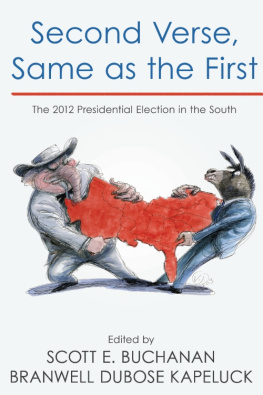
![T. H. Logwood - Voter Fraud and the 2020 Presidential Election; “Joe Biden wins by a Miraculous Landslide” [with appendices]](/uploads/posts/book/259666/thumbs/t-h-logwood-voter-fraud-and-the-2020.jpg)
